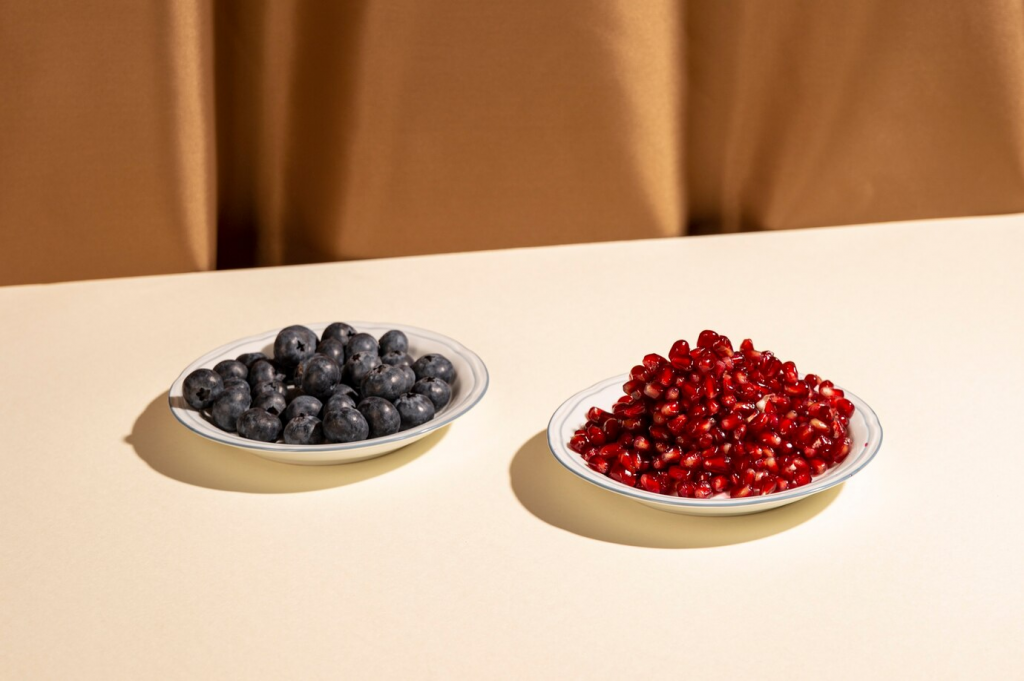The health benefits of antioxidants are often highlighted by food and vitamin companies that claim their products fight the formation of “free radicals.” What you may not realize is that free radicals are actually associated with diseases like cancer and heart disease. Antioxidants are also important in addressing chronic pain because they can reduce oxidative stress and inflammation. Simply increasing your intake of antioxidants contribute to pain ease!
How does Free Radicals and Inflammation Affect Chronic Pain?
Free radicals can do a lot of damage to your body. Oxidative stress and inflammation are believed to be the mediums for chronic pain. Oxidative stress is an imbalance between healthy cell activity and the normal cellular antioxidant process. One can cause the other. The imbalance in your body can lead to inflammation, and inflammation is common in many conditions causing chronic pain. They include but are not limited to:
- Diabetes
- Chronic kidney disease
- Cancer
- Hypertension
- Cardiovascular diseases
- Neurodegenerative diseases (i.e., Alzheimer’s disease, Parkinson’s disease, etc.)
- Diseases associated with aging (i.e., arthritis, immune dysfunction, etc.)
This imbalance of molecules not only contributes to disease, including inflammatory diseases like rheumatoid arthritis, but it can also weaken muscles, ligaments and tendons. The longer oxidative stress exists, the higher the potential of developing tissue problems and the more persistent the inflammation. The longer inflammation lasts, the more likely it will contribute to chronic pain.
How are Antioxidants and Inflammation Related?
Since oxidative stress contributes to inflammation, your goal is to reduce your body’s production of these stresses to help reduce inflammation causing chronic pain. Inflammation is an immune response in which immune cells consume more oxygen, which then creates pro-inflammatory reactions (and pain!)
Multiple things cause inflammation like air pollution and smoking, however your diet is a major influencer. Poor nutritional choices can increase the inflammation and pain in your body.
Your lifestyle also has a direct impact on the process of stress and inflammation. To reduce these negative factors, you want to minimize the things that are known to lead to the production of the inflammatory markers. They include but are not limited to the following.
- Excessive alcohol
- High blood sugar levels
- Cigarette smoke
- Excessive intake of certain metals, including iron, zinc, copper or magnesium
- Excessive sunbathing due to exposure to ultraviolet rays
- Poor diet that includes foods like processed sugar, refined carbohydrates, processed foods and margarine, lard and shortening
One of the most important ways to avoid oxidative stress and minimize inflammation that causes chronic pain is to eat a diet that includes foods high in antioxidants.
How to Manage Inflammation Through Diet?

Antioxidants include vitamins A, C and E and lycopene, beta-carotene, selenium and lutein. Most of these antioxidants can be found in food. Researchers found that nutrition and necessary supplements can play a role in pain management in patients who are experiencing muscle mass loss and frailty which leads to chronic pain. Many foods are high in antioxidants, so you can eat a varied diet. Following are some food examples.
- Berries – blueberries, blackberries, raspberries, cranberries, strawberries
- Beans – red kidney beans, pinto beans, black beans
- Fruit – apples, plums, oranges, watermelon, tomatoes, red grapes, figs, apricots
- Nuts – pecans, hazelnuts, cashews, almonds, macadamia nuts, walnuts
- Vegetables – Spinach, broccoli, cabbage, sweet potatoes, asparagus, artichokes, kale, collard greens, russet potatoes
- Cereals – oatmeal, corn flakes, granola bars
- Spices and herbs – cinnamon, cumin, turmeric, ginger, chili powder, curry powder, paprika, coriander, oregano, dill weed, basil
You can consult with your primary care doctor to develop a diet that includes antioxidants to address a particular medical issue or chronic pain. For example, people with osteoarthritis may eat a diet with plenty of fruit and vitamin C supplements because research has found these foods and supplements provide the right antioxidants for arthritis.
What Do Antioxidants Prevent?
Antioxidants protect your tissues against inflammation and cell damage. They help your cells remain healthy which can ease chronic pain, and evidence is growing they slow the aging process. A daily intake antioxidants can significantly impact the antioxidant capacity of tissues Antioxidant therapy can help people with chronic pain avoid the use of opioids in many cases. The sooner you add antioxidants to your diet, the better.
Talk to your Dr. Manvar about the power of antioxidants to address chronic pain and adding antioxidant therapy to your chronic pain management treatment plan.

